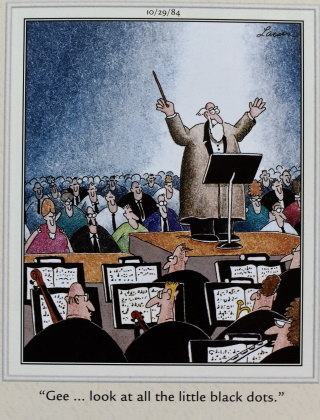 Loose ends from last week. Jesse sends the website of Dr. Jeffery Martin, who is surely not the only one trying to reframe "enlightenment" in terms of brain science and not metaphysics, but he has a great term for it: Persistent Non-Symbolic Experience.
Loose ends from last week. Jesse sends the website of Dr. Jeffery Martin, who is surely not the only one trying to reframe "enlightenment" in terms of brain science and not metaphysics, but he has a great term for it: Persistent Non-Symbolic Experience.Like "inner peace", that's a description that doubles as an instruction. Inner peace means the voices inside you are being nice to each other instead of fighting, and persistent non-symbolic experience means you're stripping the symbolic overlay from your senses, and trying to stay in that state. I like the way George Carlin said it: "The nicest thing about anything is not knowing what it is."
And on the subject of what's not in front of you not being real, Kevin sends this bit from a New Yorker article about a tribe in the Amazon:
]]>...the Pirahã perceive reality solely according to what exists within the boundaries of their direct experience - which Everett defined as anything that they can see and hear, or that someone living has seen and heard. "When someone walks around a bend in the river, the Pirahã say that the person has not simply gone away but xibipio - 'gone out of experience'," Everett said. "They use the same phrase when a candle flame flickers. The light 'goes in and out of experience'."